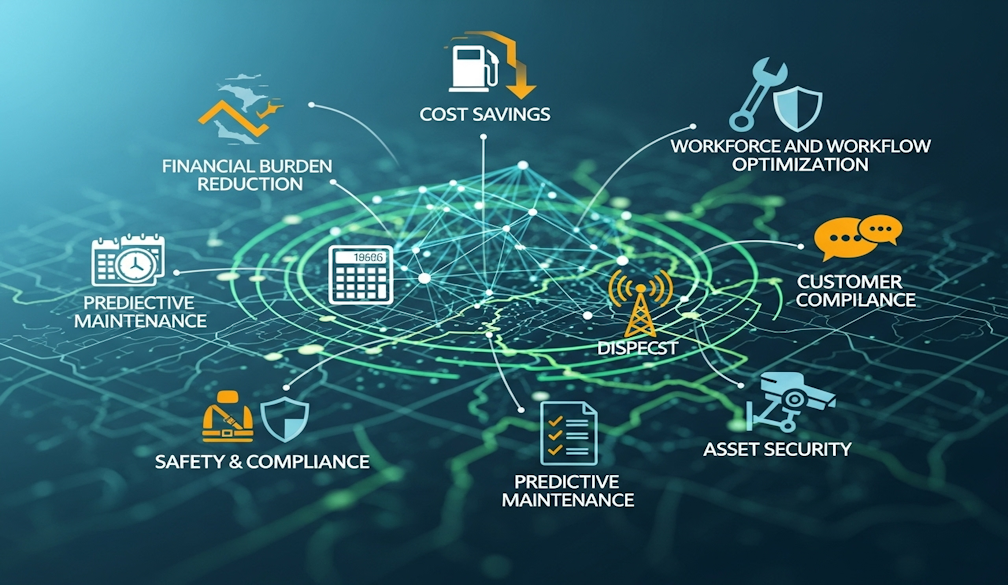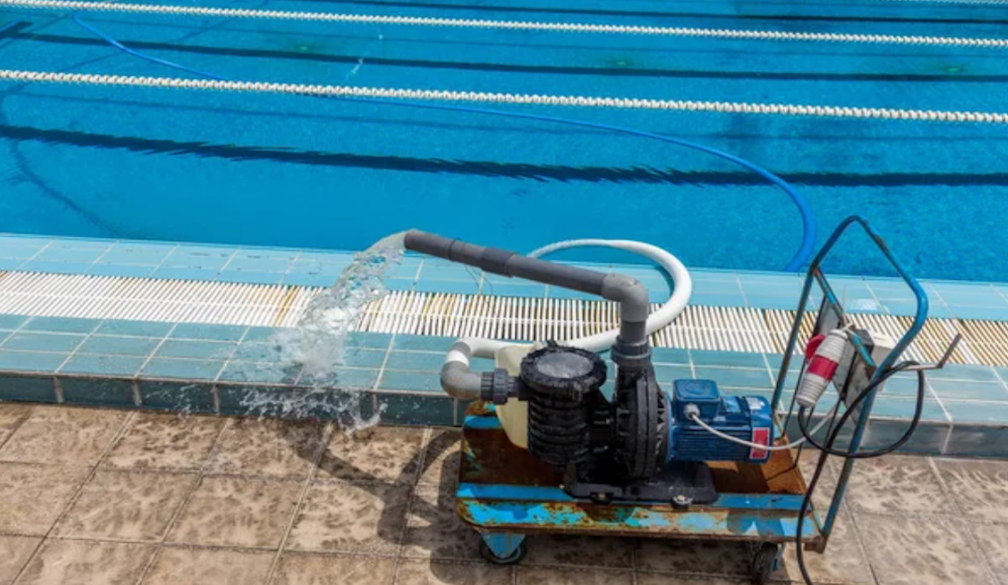A UK hack shows Australia needs to be very careful about its CCTV trial for daycare centres
- Written by Lauren Brocki, Lecturer in Early Childhood Education, University of New England

It has been a horror year for eary childhood education and care in Australia, amid ongoing reports and allegations of abuse in the sector.
On Monday, a new ABC investigation identified almost 150 childcare workers have been convicted, charged, or accused of sexual abuse and inappropriate conduct.
As part of its push to improve safety in early childhood centres, the federal governments is about to trial CCTV in hundreds services.
But a recent data hack of a London-based nursery chain (known as daycare in Australia) shows how vulnerable sensitive information about children and their families can be.
Before surveillance becomes an accepted part of early childhood education and care, we need to ask, what are the risks of having CCTV around kids?
A cautionary UK tale
In late September, hackers breached the online records of a UK nursery chain. The BBC reports they stole photos, names and addresses of about 8,000 children. They also took contact details of parents.
The perpetrators threatened to publish details unless a ransom was paid and then published some photos to the dark web. They since deleted them and two teenagers were arrested earlier this month.
While the case didn’t involve CCTV, it demonstrates how vulnerable early childhood services can be when they are entrusted with children and families’ personal data.
Many early childhood services use third-party online management platforms. If these are compromised, even the most careful local efforts may not prevent a breach.
Why Australia wants CCTV for daycare
In response to the recent reports and allegations of sexual abuse in Australian daycare centres, the federal government announced a trial of CCTV cameras in up to 300 centres.
Large providers such as Goodstart and G8 have already begun rolling out CCTV in their centres amid growing regulatory and public pressure to strengthen child safety.
CCTV has been promoted by government and large providers as a way to strengthen oversight and deter harm. Cameras are billed as being able to:
deter intruders or capture evidence in rare but serious cases of abuse or neglect
help resolve disputes, protect staff from false allegations, and provide material for training and reflection.
help families feel more comfortable knowing surveillance is in place, believing it makes services more transparent.
But there are also risks
The Australian childcare regulator recently released guidelines to store images and videos securely.
Installing and maintaining cameras, secure servers and encrypted storage systems is expensive. It could be difficult for smaller or rural services to meet these costs.
Along with the sensitive information being hacked there are also other risks and issues around CCTV.
Young children cannot meaningfully consent to being filmed, yet CCTV is potentially recording their play, routines and interactions in ways they cannot control.
This sits uneasily with the UN Convention on the Rights of the Child, which upholds their right to privacy and to be heard in decisions that affect them.
Current Australian privacy law does not recognise children as a distinct group, but changes are underway. By 2026, the Office of the Australian Information Commissioner will introduce a Children’s Online Privacy Code, including principles such as “best interests of the child” and clearer consent standards.
How this potentially aligns (or clashes) with the early childhood education sector’s plans for CCTV is not yet clear.
CCTV alone is not the answer
There is a significant danger is assuming CCTV alone can keep children safe.
Research shows effective staff training and open communication with families are the key ways to keep children safe. Child-to-staff ratios are also crucial.
This is because genuine safety comes from a positive culture of care, where educators are supported to notice children’s needs, speak up about concerns, and work with families to promote wellbeing.
Tensions may also arise when families assume they have a right to access CCTV footage – for example, after incidents where a child is hurt – yet in many cases they do not due to privacy and regulatory frameworks.
What’s also missing is robust research. We know very little about how surveillance affects children’s behaviour, how educators’ teach and care for children, or parent–staff relationships in Australian early learning settings.
What should happen next?
CCTV may play a role in strengthening safety in early childhood education services, but we need to be very careful about it. Some considerations include:
specific roles for cameras, not blanket surveillance. For example, only for entry/exit monitoring, incident investigation, reflective practice, where educators review footage to better understand and improve their interactions
strong safeguards. This includes encryption, strict access controls, limited retention periods and routine audits
transparency and consultation. This means parents and staff should be fully informed and engaged in decisions about surveillance and data storage
national standards. This requires a consistent regulatory framework to avoid a patchwork of different state rules.
For governments and large organisations, the appeal of CCTV often lies in grand gestures that signal action and accountability, even if the benefits for children are less certain.
But if we are going to use CCTV it should be there to support, not substitute, trusted relationships, good training and highly skilled educators. These are all elements which research shows truly keep children safe.
Authors: Lauren Brocki, Lecturer in Early Childhood Education, University of New England



















